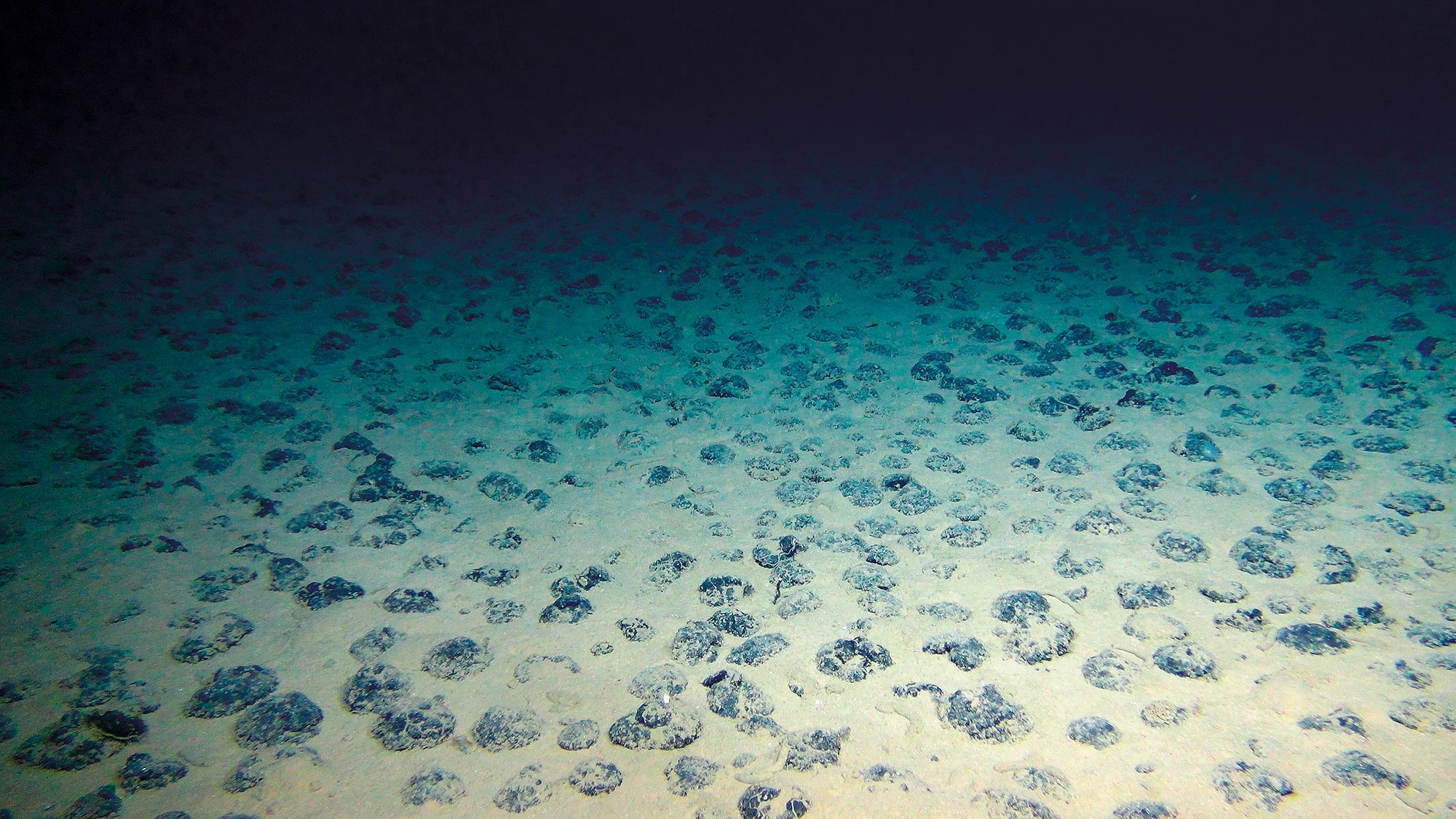Ocean’s Depths: A New Source of Oxygen

Recent discoveries in the ocean’s depths have sparked excitement among scientists. Researchers have found that metal nodules on the seafloor may produce oxygen without sunlight. This surprising revelation could change our understanding of life in extreme environments on Earth and possibly on other planets. The ongoing investigation aims to uncover how this process might support life in conditions previously thought to be uninhabitable.
Findings from Seabed Studies
A groundbreaking study published in Nature Geoscience reveals that sensors deployed on the ocean floor, approximately 5 kilometers deep between Hawaii and Mexico, detected rising levels of oxygen. This finding challenges the long-held belief that photosynthesis is the only source of oxygen production. Lead researcher Professor Andrew Sweetman from the Scottish Association for Marine Science explained that the metal nodules generate electric currents. These currents can split seawater into oxygen and hydrogen, creating a new source of oxygen in the dark depths of the ocean.
The implications of this discovery are profound. It suggests that life can thrive in environments previously considered too extreme. The research team is now focused on understanding the mechanisms behind this oxygen generation. They aim to determine how these processes might support microbial life in the deep sea. This research could lead to new insights into the adaptability of life in harsh conditions, both on Earth and beyond.
Potential Impact on Extraterrestrial Life Research
The significance of this discovery has not gone unnoticed by space agencies, particularly NASA. Professor Sweetman highlighted the potential for collaboration with NASA experts to explore how similar processes might occur on other planets or moons. Understanding how oxygen can be produced in extreme environments could reshape the scientific approach to searching for extraterrestrial life.
The possibility that microbial life could exist in places previously deemed inhospitable opens new avenues for exploration. For instance, moons like Europa and Enceladus, which have subsurface oceans, could harbor life forms that rely on similar processes. This research could provide critical insights into the conditions necessary for life beyond Earth, expanding our understanding of where life might exist in the universe.
Debates Surrounding Deep-Sea Mining
While the findings are exciting, they have also intensified debates about the environmental risks associated with deep-sea mining. Critics, including environmental organizations and marine scientists, argue that the discovery underscores the urgent need to reassess seabed mining activities. A petition signed by over 900 scientists calls for a moratorium on mining operations to prevent potential harm to delicate marine ecosystems.
Professor Sweetman addressed concerns raised by mining companies, such as Canada’s Metals Company. He emphasized the importance of conducting thorough experiments to gather conclusive evidence before proceeding with large-scale industrial activities. The potential impact of mining on the newly discovered oxygen-generating processes must be carefully considered. A cautious approach is essential to protect the fragile ecosystems that exist in the deep sea.
Observer Voice is the one stop site for National, International news, Sports, Editor’s Choice, Art/culture contents, Quotes and much more. We also cover historical contents. Historical contents includes World History, Indian History, and what happened today. The website also covers Entertainment across the India and World.

